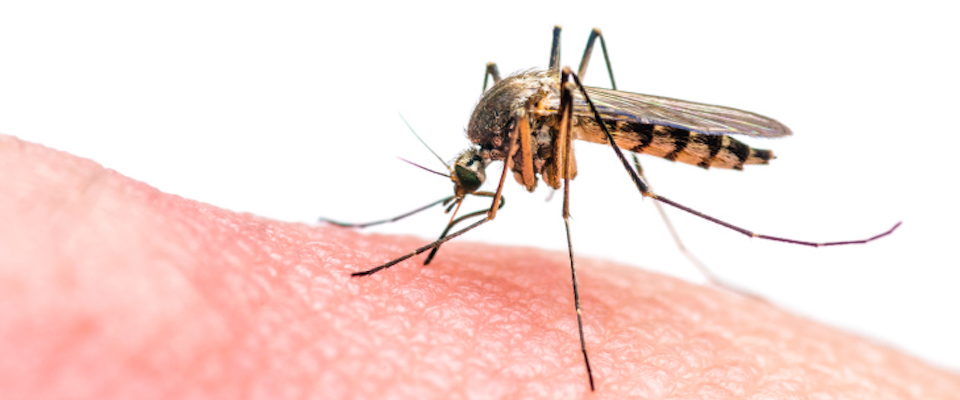
I do not agree with the view that the disappearance of mosquitoes would not lead to a significant change in the ecosystem. Mosquitoes play several crucial roles in various ecosystems, and their elimination could have a range of significant impacts:
Insectivorous Animals: Mosquitoes, both in their larval and adult stages, serve as a vital food source for a variety of organisms. Fish, amphibians, birds, bats, and other insects rely on mosquitoes as a part of their diet. For example, mosquito larvae are consumed by fish and other aquatic animals, while adult mosquitoes are prey for birds and bats.
Impact of Loss:** The removal of mosquitoes would disrupt these food webs. Predators that rely heavily on mosquitoes might face food shortages, potentially leading to declines in their populations. This can have cascading effects, as the predators of these insectivores might also be affected, leading to broader ecosystem imbalances.
Mosquitoes and Flowers:
While mosquitoes are notorious for biting humans, many mosquito species also feed on nectar and contribute to the pollination of certain plants. This is especially true in tropical regions where mosquitoes are a significant part of the pollinator community.
Impact of Loss:The disappearance of mosquitoes could negatively affect the reproductive success of these plants, potentially leading to declines in their populations. This, in turn, could affect the species that depend on these plants for food and habitat, further disrupting ecological balance.
Larval Role: Mosquito larvae play a role in breaking down organic matter in aquatic ecosystems. They help decompose plant material and contribute to nutrient cycling within these habitats.
Impact of Loss: The loss of mosquito larvae could slow down the decomposition process and alter nutrient availability in aquatic ecosystems. This could affect the growth of aquatic plants and the organisms that depend on them.
Natural Disease Vectors
Mosquito-Borne Diseases:While mosquitoes are vectors for diseases such as malaria, dengue, and Zika, which have severe impacts on human populations, they also play a role in regulating populations of certain animal species through disease transmission.
Impact of Loss:** The elimination of mosquitoes could reduce the incidence of these diseases in human populations, which is beneficial. However, it could also lead to unintended consequences in animal populations where diseases help regulate numbers. For instance, without mosquito-borne diseases, certain animal populations might grow unchecked, potentially leading to overpopulation and habitat degradation.
The disappearance of mosquitoes would likely lead to significant changes in ecosystems. Their roles as food sources, pollinators, decomposers, and disease vectors highlight their importance in maintaining ecological balance. Removing mosquitoes from ecosystems could result in food web disruptions, pollination deficits, changes in nutrient cycling, and unforeseen population dynamics in various species. Therefore, while the idea of a world without mosquito-borne diseases is appealing, the broader ecological implications of such a scenario must be carefully considered.

